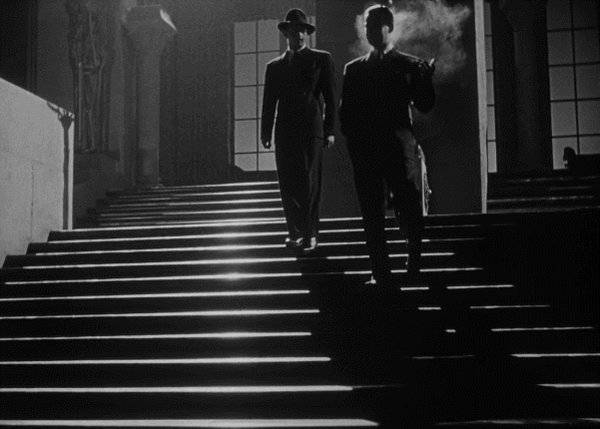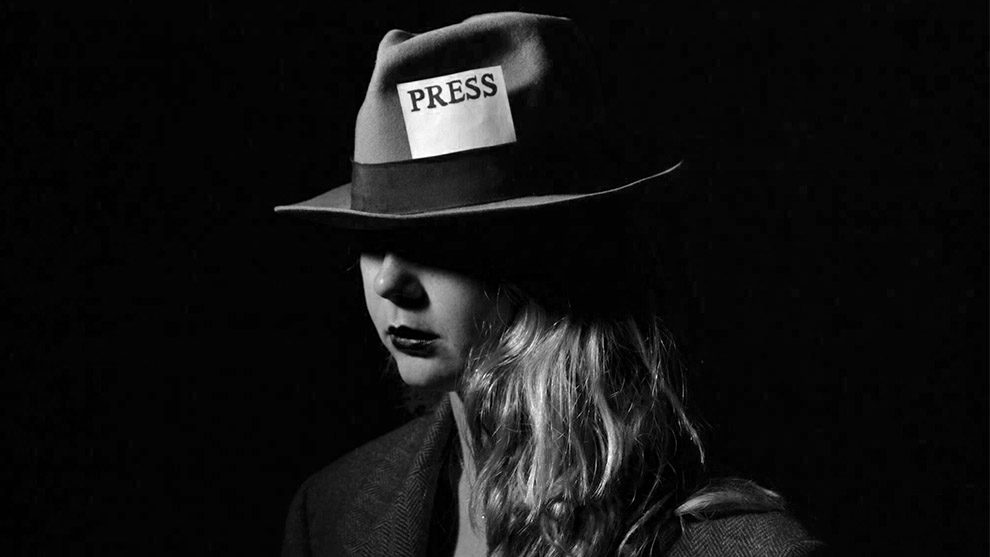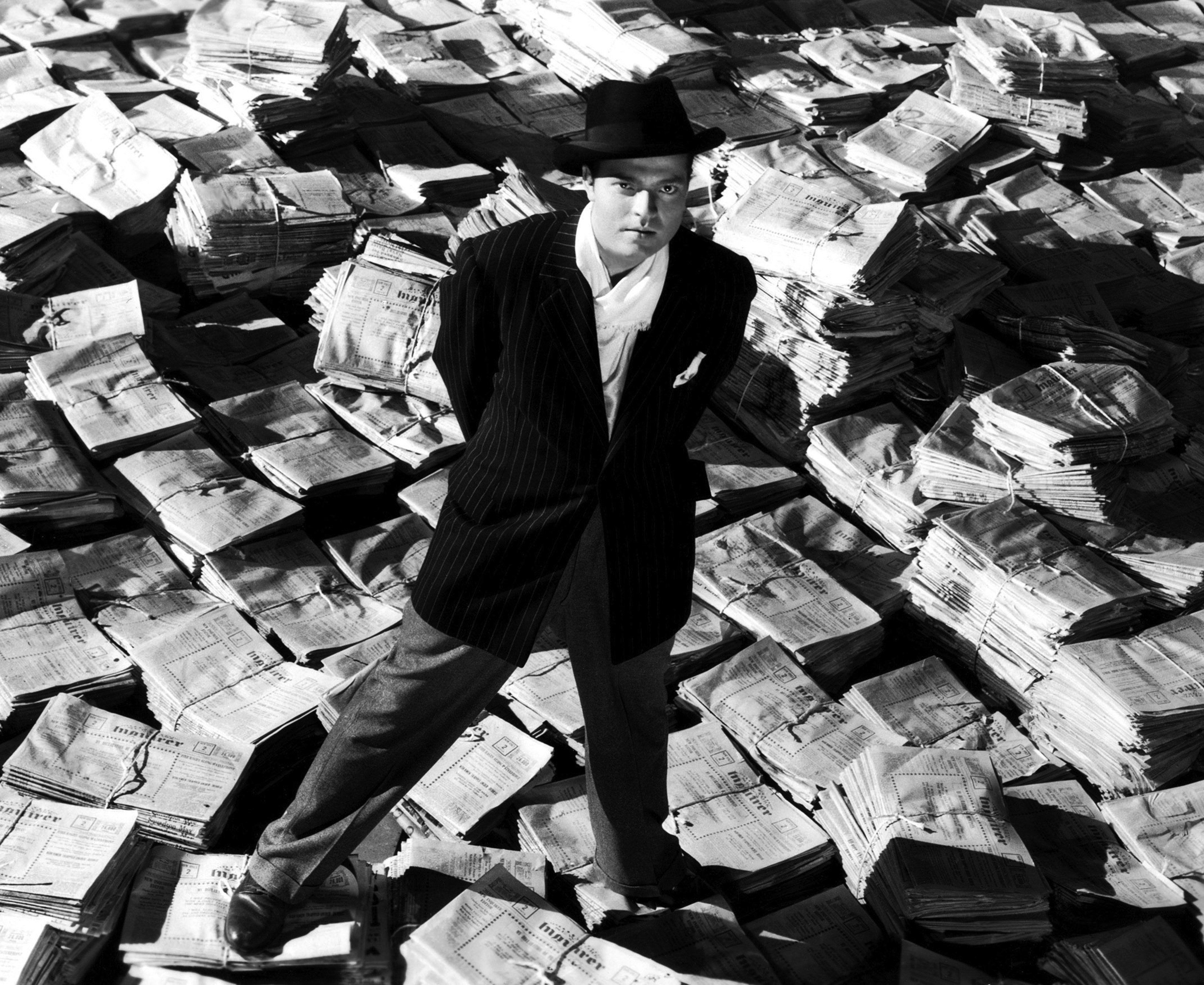Citizen Kane is a classic film noir that was released in 1941. The film was directed by Orson Welles and starred Welles himself as Charles Foster Kane, a wealthy newspaper magnate whose life is told through a series of flashbacks after his death.
The film is often considered one of the greatest films ever made, and it is renowned for its innovative use of camera techniques, lighting, and sound. Citizen Kane is also known for its complex and non-linear narrative structure, which tells the story of Kane's life through a series of flashbacks that are triggered by the search for the meaning of Kane's last word, "Rosebud."
Citizen Kane is a film noir because it features many of the conventions and characteristics that define the film noir genre. The film has a dark and moody atmosphere, with deep shadows and harsh contrasts between light and dark. It also has a complex and often convoluted plot, with a web of deceit, betrayal, and corruption that slowly unfolds over the course of the film.
One of the key elements of Citizen Kane that makes it a film noir is its use of voice-over narration. The film is narrated by a series of characters who recount their memories of Kane, and this narration is used to convey the internal thoughts and emotions of the characters as they remember their interactions with Kane. This use of voice-over narration is a common technique in film noir, and it helps to create a sense of mystery and intrigue as the audience tries to piece together the events of Kane's life.
Another characteristic of Citizen Kane that makes it a film noir is its use of cinematography. The film was shot in black and white, and it makes extensive use of deep focus cinematography, which allows the camera to focus on multiple planes within the frame at the same time. This technique creates a sense of depth and complexity in the film, and it helps to draw the audience into the story.
Citizen Kane is a classic film noir that is still admired and studied today for its innovative techniques and its complex and layered narrative. Its enduring popularity is a testament to its power as a film, and it continues to be an important and influential work in the film noir genre.




/cdn.vox-cdn.com/uploads/chorus_asset/file/22142419/Screen_Shot_2020_12_03_at_4.28.05_PM.jpg)


